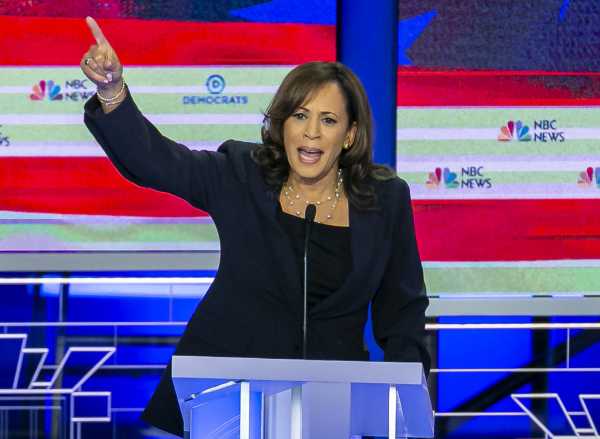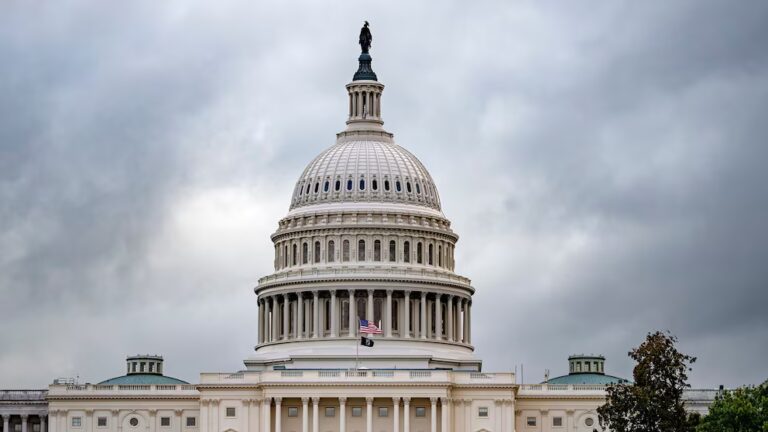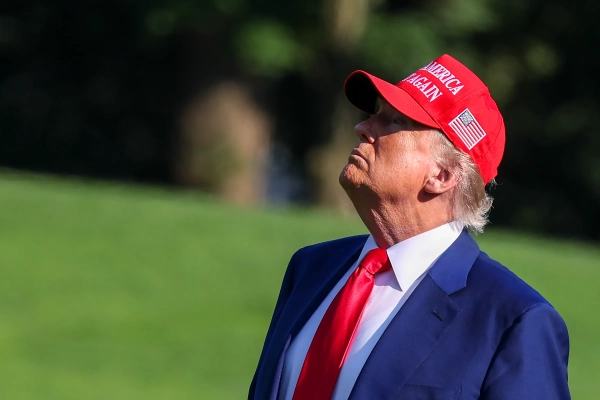
Since the first Democratic debate, national polls have shown former Vice President Joe Biden’s lead shrinking and Sen. Kamala Harris rising. And now, a new poll suggests a similar dynamic is at work in the nomination process’s first contest: the Iowa caucuses.
A new poll aimed at Iowa Democratic caucusgoers shows what may be the race’s new post-debate status quo — with Biden still in first, but Harris dramatically rising.
The poll, conducted by Suffolk University for USA Today, shows Biden with 24 percent and Harris in second place with 16 percent. Sen. Elizabeth Warren is in third place with 13 percent, and Sen. Bernie Sanders dropped to fourth, with just 9 percent. Next is South Bend, Indiana, Mayor Pete Buttigieg at 6 percent, and no other candidate polls above 2 percent.
Most Iowa polls this year have shown Biden in first place and Sanders in second, so this new poll is the first time Harris has done so well in the state — a reflection of her improved performance nationally after her confrontation with Biden at the debate.
Meanwhile, this is the worst showing for Sanders in any Iowa poll all year — it’s the only time he’s dropped down to single digits. In 2016, Sanders came in second place by a very narrow margin to eventual nominee Hillary Clinton, so that’s a significant drop-off in support. Buttigieg too has dropped somewhat after a strong recent stint in Iowa, as Harris and Warren gain more prominence in the field.
Asked who their second choice would be, 17 percent of respondents said Harris, 16 percent said Warren, 14 percent said Buttigieg, 11 percent said Biden, and 6 percent said Sanders. So it appears that Harris and Warren are both in good positions to further increase their support. (That’s especially important because of the way the caucuses work — candidates below 15 percent in caucus meetings are winnowed out, and their supporters back other contenders.)
Iowa is important — but it’s still early
There’s been a lot of attention on national polling, but of course, there is no nationwide Democratic primary election. Instead, there are a series of caucuses and primaries in various states at different dates — the first of which will be held in Iowa on February 3, 2020.
Historically, early states like Iowa have had dramatic impacts on the national contest — winnowing out contenders who perform poorly, and sometimes elevating surprisingly strong performers to national prominence.
For instance, the Iowa caucuses are arguably one of the most important reasons then-Sen. Barack Obama became president — it was only after Obama’s victory there in 2008 that he suddenly shot up to become competitive with Hillary Clinton in national polls. Jimmy Carter may also owe his presidency to Iowa, as he was little-known in a crowded field before his strong showing there in 1976.
Early polls of the state can only tell us so much — Iowa also has a tendency to swing late. Obama took the lead there in polling averages in December 2007 (the month before that cycle’s caucuses), and Sanders only drew close to Clinton the month before (January 2016, in that case). Still, while of course there’s ample time for things to change, the new poll is an encouraging sign for Harris, who hasn’t shown much strength in the state up to now.
Even if Biden remains the frontrunner and goes on to win Iowa, the caucuses could elevate the second-place finisher to prominence, and a potential spot as the main alternative to Biden — should that person be able to perform well in the next few early states, too.
Sourse: vox.com






